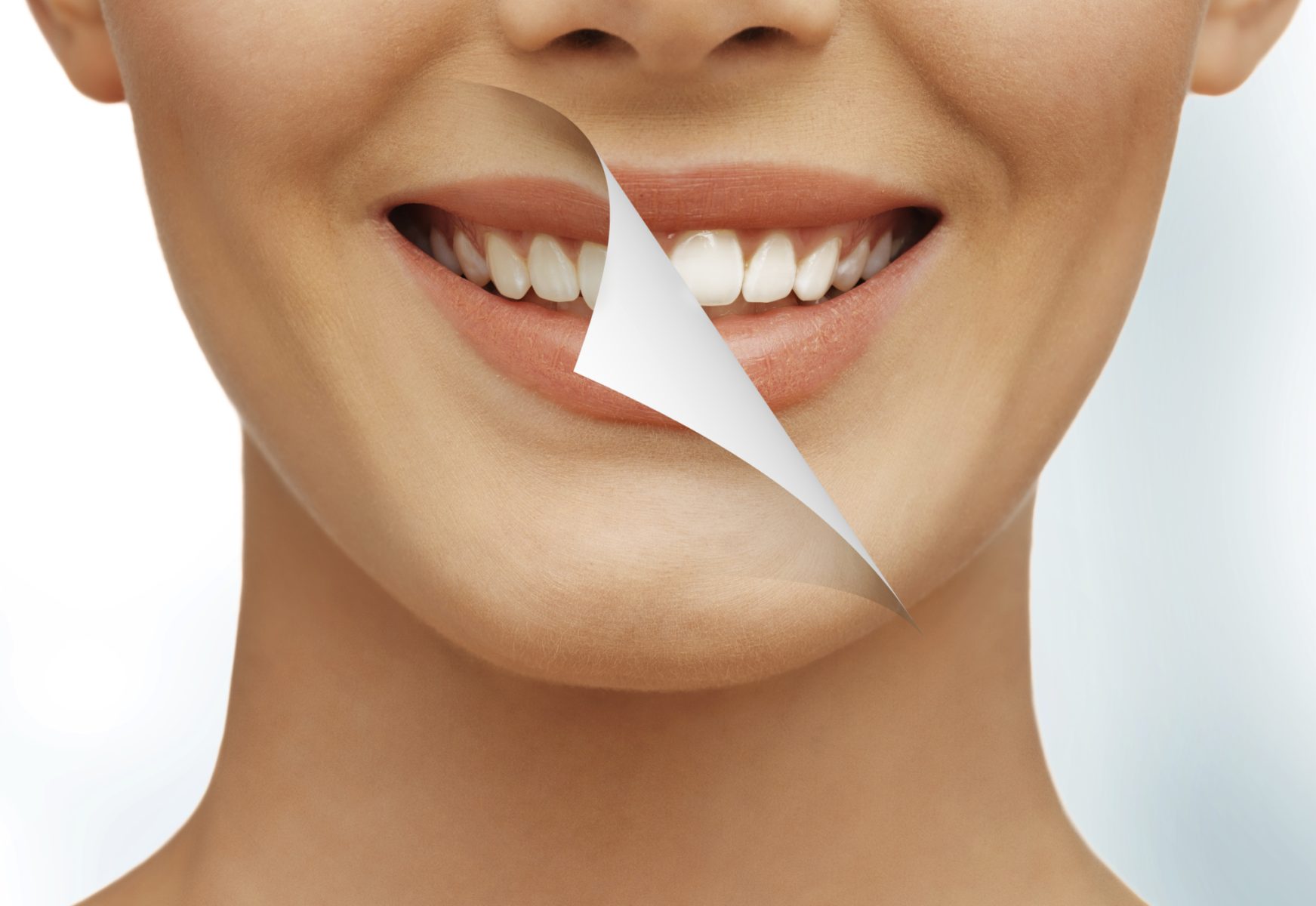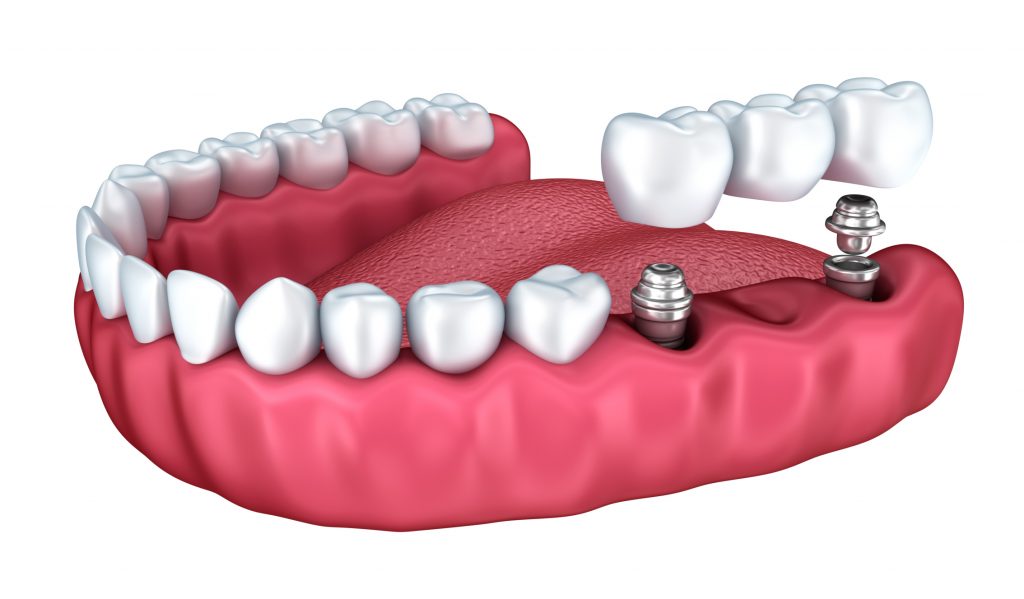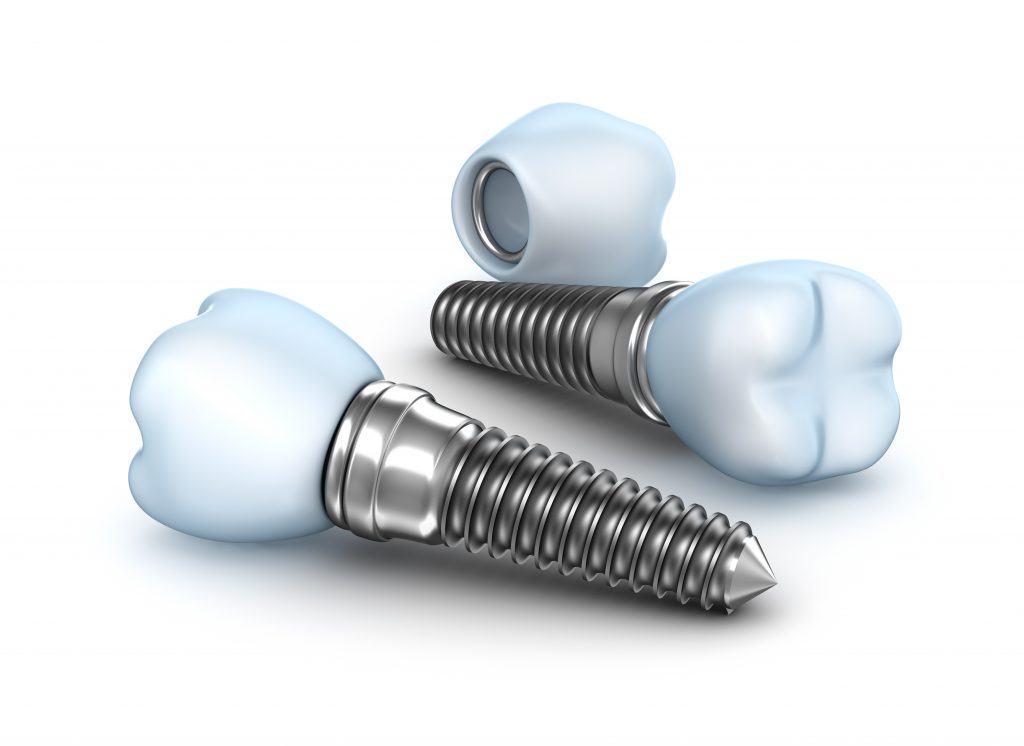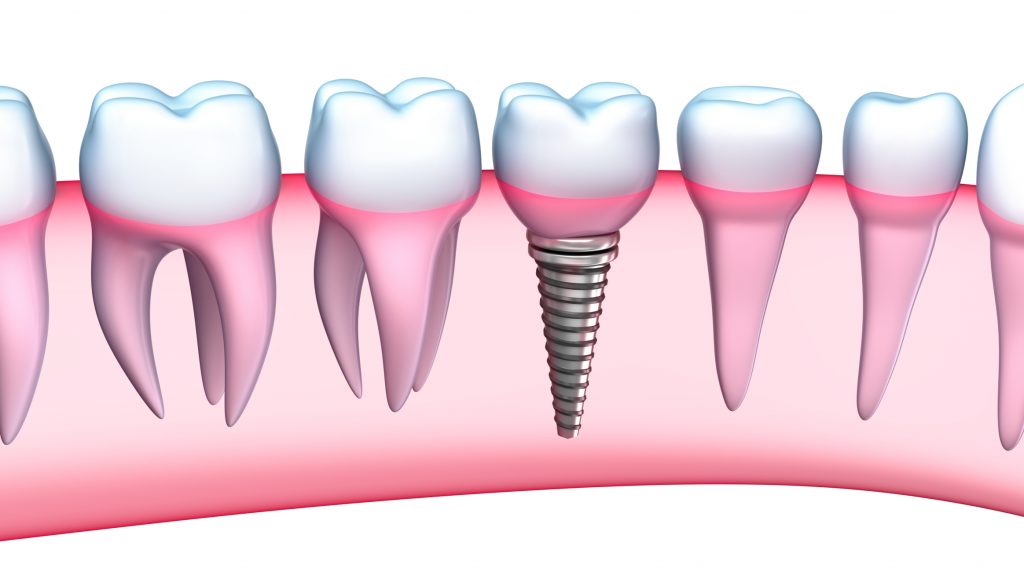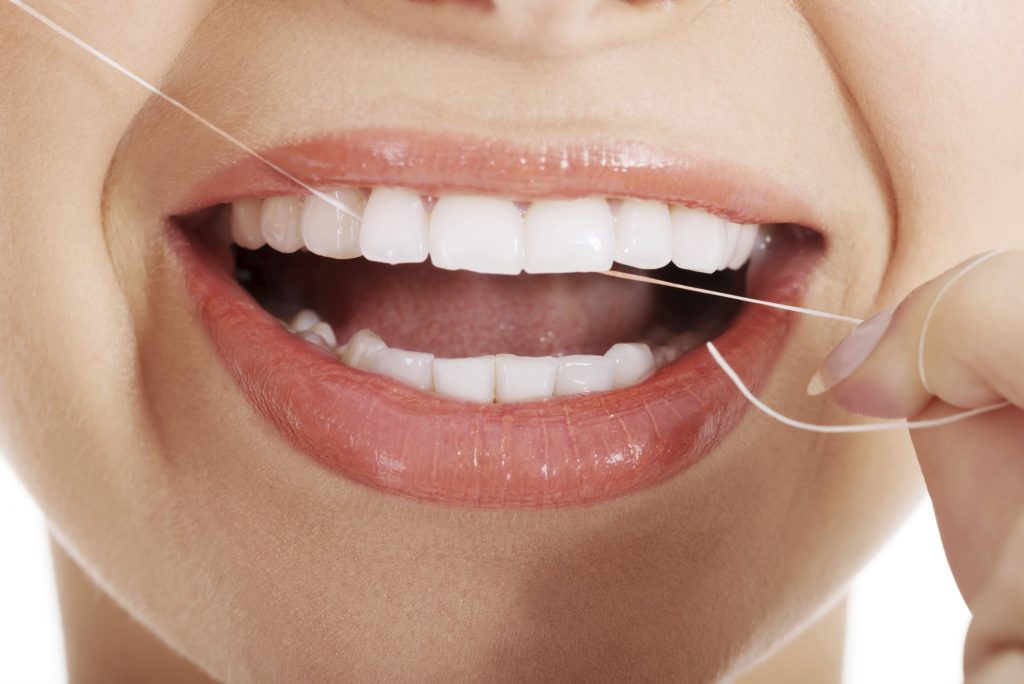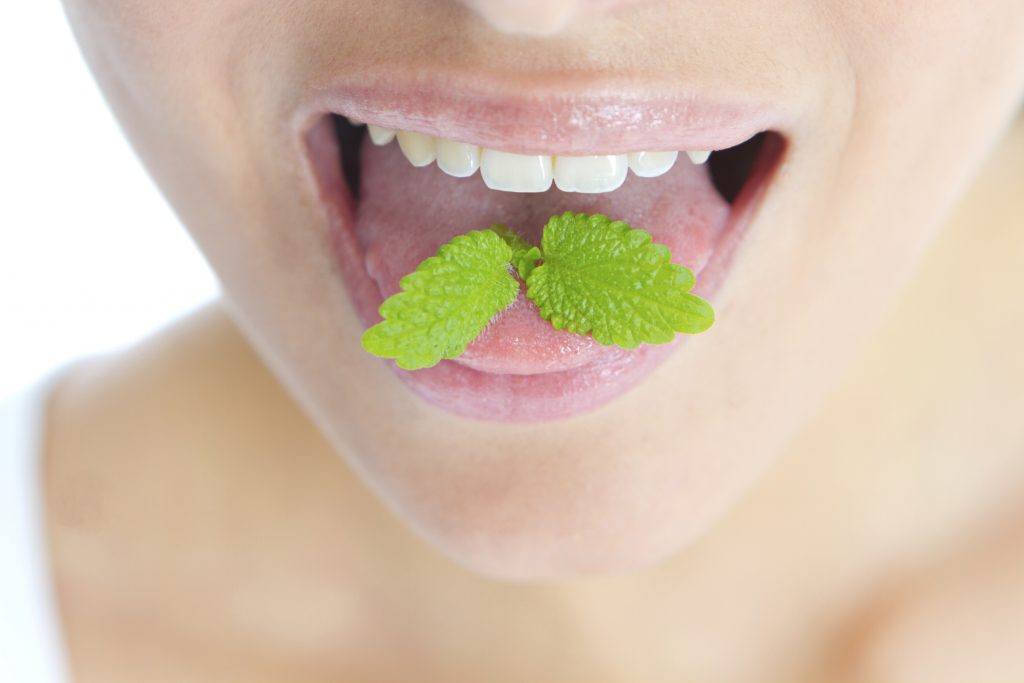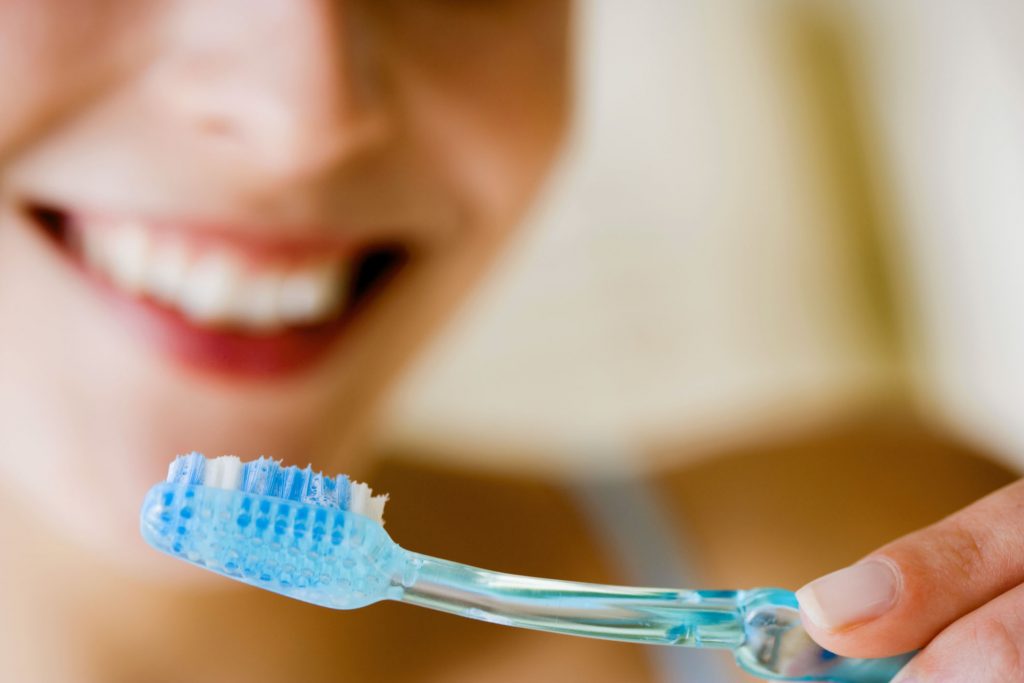Maintaining proper oral health is not only crucial for a bright smile but also for overall well-being. One often overlooked indicator of improper oral health care is tooth discoloration. Discoloration can manifest in various ways, ranging from yellowing to brown spots, and can be a warning sign of underlying issues that demand attention.
Understanding Tooth Discoloration:
Tooth discoloration occurs when the enamel, the outermost layer of the tooth, is stained or damaged. This can happen for several reasons, but improper oral healthcare practices are a common contributor. Poor hygiene allows plaque and tartar to build up, leading to stains and discoloration over time.
Common Causes of Tooth Discoloration:
- Inadequate Brushing and Flossing: Neglecting proper oral hygiene allows plaque to accumulate, leading to enamel erosion and discoloration.
- Consumption of Staining Substances: Regular consumption of coffee, tea, red wine, and tobacco can contribute to tooth discoloration.
- Poor Diet: Diets high in sugary and acidic foods can lead to enamel erosion, making teeth more prone to stains and discoloration.
- Inadequate Dental Check-ups: Regular dental check-ups are essential for identifying and addressing oral health issues before they worsen. Skipping these appointments can lead to undetected problems contributing to tooth discoloration.
The Warning Signs
- Yellowing Teeth: Persistent yellowing of teeth is often a clear sign of enamel erosion. This can be a result of inadequate brushing, consuming staining substances, or both.
- Brown Spots or Stains: Brown spots on teeth indicate the presence of tartar or other forms of decay. It’s crucial to address these issues promptly to prevent further damage.
- Uneven Coloring: Discoloration that is uneven across the teeth may suggest underlying oral health problems. This could range from cavities to more severe issues like internal tooth decay.
- Preventing Tooth Discoloration:
- Adopt Proper Oral Hygiene Habits: Brushing teeth at least twice a day, flossing regularly, and using an antiseptic mouthwash can help prevent plaque buildup and tooth discoloration.
- Balanced Diet: Consume a diet rich in fruits, vegetables, and dairy products to promote healthy enamel and deter discoloration.
- Limit Staining Substances: Cut back on the consumption of coffee, tea, red wine, and tobacco, or ensure proper oral care immediately after consumption.
- Regular Dental Check-ups: Schedule regular dental check-ups to identify and address potential issues before they lead to tooth discoloration.
It’s essential to address discoloration promptly, not only for aesthetic reasons but also to prevent the progression of underlying oral health issues. By adopting proper oral hygiene practices and making lifestyle adjustments, individuals can maintain a radiant smile and contribute to their overall well-being. Regular dental check-ups remain the cornerstone for preventing and addressing tooth discoloration effectively.
For more information, call Dr. Ladani in Schnecksville, PA at 610-799-0600 or visit www.extraordinarysmiles.net.
Dr. Sandip Ladani proudly serves patients from Schnecksville and all surrounding areas.

